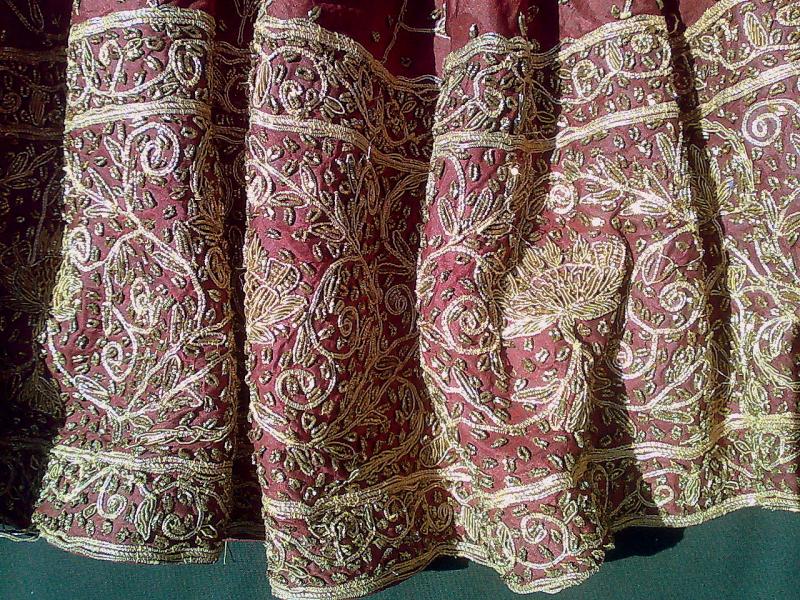===
0748,
2
===

=== |
 |
haath maarnaa : 'To strike (at), to strike, to give a thump or blow; to strike down, to slay; —to acquire; —to pilfer, purloin; —to embezzle; to plunder'. (Platts p.1214)
jhunjalaanaa : To be petulant or irritable, to snap (at); to rage, storm; to be peevish or fretful'. (Platts p.411)
FWP:
SETS
MOTIFS == CHAK-E GAREBAN; CLOTHING/NAKEDNESS
NAMES
TERMSNote for translation fans: In the first line haath maarnaa can have quite a range of meaning (see the definition above). But isn't it lucky that we have 'to lay hands on'? It too is versatile, in basically the same range. Sometimes translation does have its little successes.